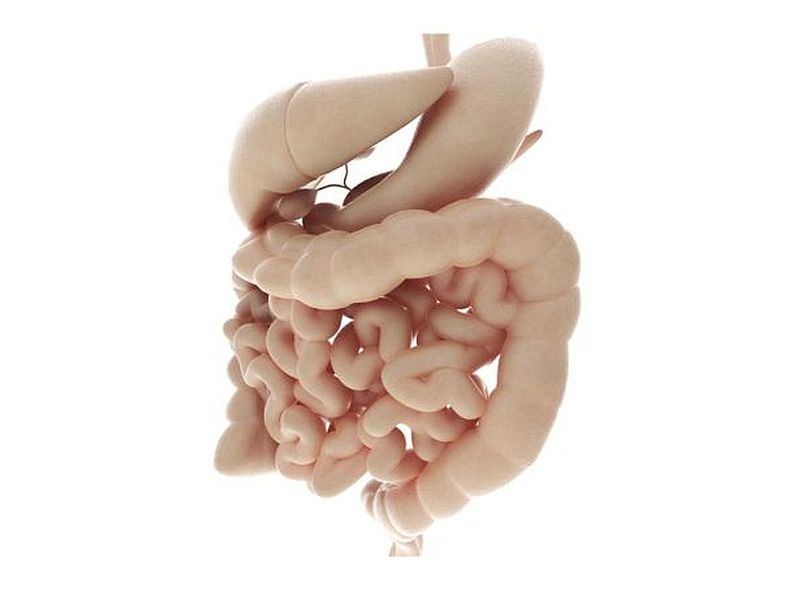MONDAY, Feb. 5, 2018 (HealthDay News) — A colonoscopy can save your life by detecting and removing colon cancer, but it might also trigger appendicitis, a new study suggests.
Experts aren’t sure exactly why that happens, and, fortunately, it’s rare. And it shouldn’t stop you from getting a colonoscopy, according to lead researcher Dr. Marc Basson.
“Having a colonoscopy, or something about a colonoscopy, predisposes you to have appendicitis in the next week,” said Basson, senior associate dean at the University of North Dakota School of Medicine and Health Sciences.
Though the appendicitis risk is small, it’s at least four times higher the week after a colonoscopy than in the 51 weeks that follow, the study found. And by some measures, the increase is 12 times higher.
A colonoscopy involves advancing a flexible instrument through the rectum to the colon, or large intestine, to detect polyps or precancerous growths.
The appendix is a small, tube-shaped sac attached to an opening into the large intestine. Appendicitis occurs when it gets infected,
causing intense abdominal pain, often on the right side. Treatment usually involves surgery to remove it, though sometimes antibiotics are enough.
Most cases of appendicitis occur in children and young adults. The older one gets, the rarer it is, Basson said.
He said he has seen a number of patients who experienced appendicitis after a colonoscopy, but this study is the first to go beyond anecdotal evidence to gauge the risk.
“Colonoscopy is generally a safe test, and the risk of having appendicitis is lower than the risk of having some of the other complications,” Basson said.
More common complications of a colonoscopy include an allergic reaction to the sedative, bleeding from the site where a polyp was removed and a tear in the colon.
Using data from the Fargo Veterans Affairs Health Care System, Basson’s team reviewed medical information on nearly 393,000 veterans nationwide who had a screening colonoscopy between January 2009 and June 2014.
Exactly how a colonoscopy leads to appendicitis isn’t clear, Basson said. He thinks it might stem from preparations for the procedure. Those preparations clear the bowel, which can cause changes in gut bacteria that could result in an infected appendix, he said.
Or, Basson said, pressure created in the bowel by the procedure itself might trigger an appendicitis attack.
Basson said doctors should be on watch for appendicitis after a colonoscopy, especially if a patient complains of continued abdominal discomfort.
One specialist says some patients may already be suffering from mild appendicitis, which the colonoscopy aggravates.
“There are potential biological reasons for why this association was found. It is possible, however, that this association may be due to an artifact of the data,” said Dr. Andrew Chan, a professor of medicine at Harvard Medical School.
For example, it could be that some people are having a colonoscopy to evaluate abdominal symptoms associated with mild appendicitis that may only be diagnosed after the exam, he said.
“Thus, it may only look like the incidence of appendicitis is higher immediately after a colonoscopy,” said Chan, who was not involved with the study.
The report was published online Jan. 26 in the journal JAMA Surgery.
More information
To learn more about colonoscopy, visit the American Cancer Society.
Copyright © 2025 HealthDay. All rights reserved.

